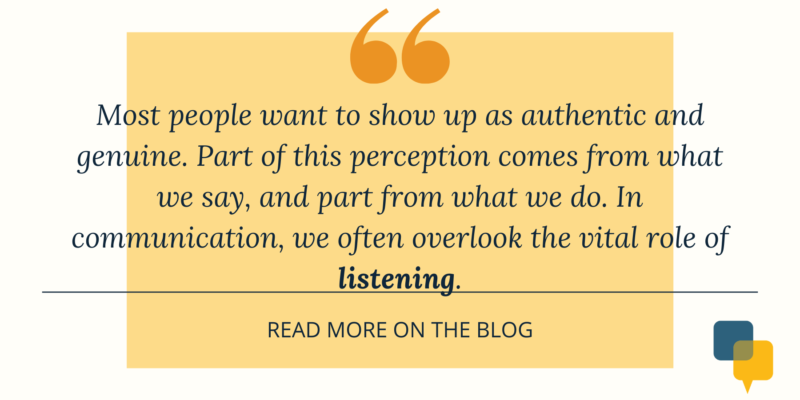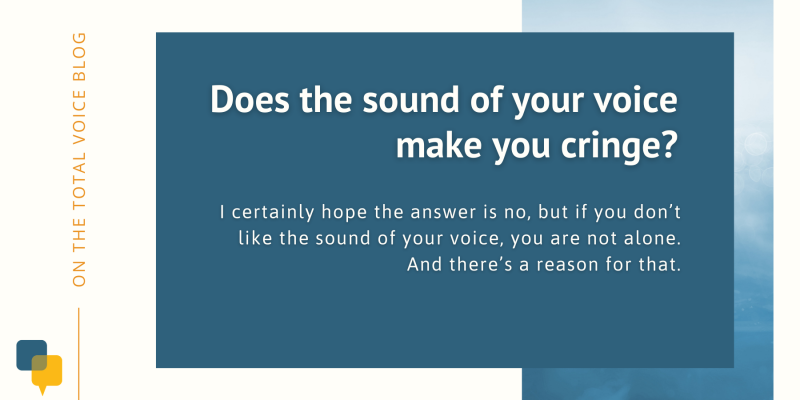We winterize our cars, our homes, our wardrobes, and even our kitchen pantries.
But do you know how to winterize your voice?
continue reading
by Kate DeVore
Filed Under: Being Heard, Myth Busters, Vocal health, Voice for Stage, Voice Therapy
We winterize our cars, our homes, our wardrobes, and even our kitchen pantries.
But do you know how to winterize your voice?
continue reading
by Kate DeVore
Filed Under: Being Heard, Breath Support, Owning the Room, Powerful Speaking, Professional Speaking, Stage Fright
We all hide. Even the most brazen of us sometimes don’t want to be fully seen (or, as the case may be, heard). So let’s just acknowledge that normal occurrence.
It’s natural to “pull your punches”, or commit less than 100% to what you are saying, if there is any modicum of doubt around your content, or how you think it will be perceived.
continue reading
by Kate DeVore
Filed Under: Being Heard, Myth Busters, Owning the Room, Powerful Speaking, Professional Speaking
Most people want to show up as authentic and genuine. Part of this perception comes from what we say, and part from what we do. In communication, we often overlook the vital role of listening.
contiinue reading
by Kate DeVore
Filed Under: Being Heard, Breath Support, Myth Busters, Owning the Room, Stage Fright
Inhale for 4 seconds, and exhale for 8 seconds. Do this for two minutes.
That’s it.
Now let’s talk about why that works.
continue readingby Kate DeVore
Filed Under: Being Heard, Myth Busters, Owning the Room, Powerful Speaking, Professional Speaking, Stage Fright
I teach voice and dialects at a training center called Acting Studio Chicago. They recently asked me to turn my blog post Kick “stage fright” to the curb in three simple steps into a 1 minute teacher tip video.
continue reading
by Kate DeVore
Filed Under: Being Heard, Myth Busters, Powerful Speaking, Professional Speaking
I certainly hope your answer is “no”, but if you don’t like the sound of your voice you are not alone. And there’s a reason for that.
As a voice coach and therapist, making audio recordings of clients is a common tool. The vast majority of people, upon hearing their voice played back, have a negative response.
contiue reading